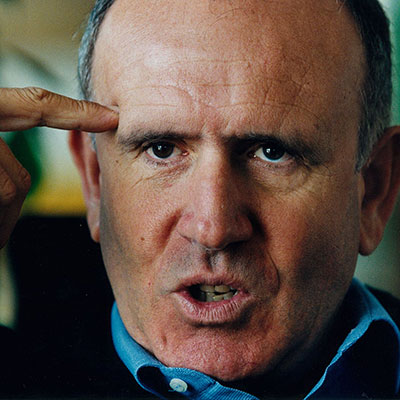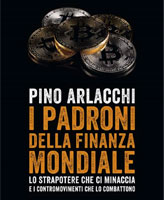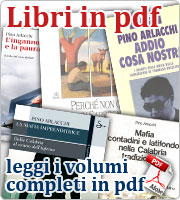The following information was released by the European Parliament:
MEPs were urged to back plans to suspend EU tariffs on imports from Pakistan by its Foreign Minister Makhdoom Shah Mahmood Qureshi on Thursday. In return, MEPs stressed that Pakistan must engage with the EU in fighting terrorism and bringing stability to the region, and specifically in Afghanistan and Kashmir.
Mr Qureshi urged Foreign Affairs Committee MEPs to vote in favour of European Commission plans unilaterally to suspend duties on imports from Pakistan to the EU, thus liberalizing 75 tariff lines accounting for 27% of Pakistan's current exports to the EU. "These steps are highly appreciated in Pakistan, a very positive signal to our people in a country which is helping you to fight terrorism", said Mr Qureshi.
The tariff-cutting proposal, which aims to aid Pakistan's economic recovery after devastating floods earlier this year, needs to be approved by both the European Parliament and the World Trade Organisation in Geneva.
"I can afford to be blunt", said Ana Gomes (S&D, PT): "we have a big dilemma in Europe. Yes, we see the need to engage and help Pakistan in recovering from the floods, but we see Pakistan has tremendous difficulties in helping itself. (...)It seems that those who are elected are not in control. Those in control are in the military intelligence structure".
"Obviously, it takes time to change a culture of military government, all habits die hard. But we are in the process of doing that, and you need to be patient", replied Mr Qureshi.
Replying to concerns expressed by Jean Lambert (Greens/EFA, UK), about the transparency and accountability of Pakistani government's use of humanitarian aid, Mr Qureshi said that an "Oversight Council" had recently been set up to this end, adding that "we have created mechanisms to address this issue properly and you should have no fears on these grounds".
Terrorism, Afghanistan and Kashmir
In an exchange of views with MEPs from the South Asia delegation and Development and Foreign Affairs Committees, Mr Qureshi spent most of his time stressing that his government is the first democratically-elected one in Pakistan after a military regime, and that for the last two and a half years, great efforts have been made to restore the independence of the judiciary, strengthen media freedom, change the constitution and engage in peaceful and more co-operative relations with its neighbours, thereby laying the foundations for a long-term partnership with the EU.
MEPs welcomed these changes, but sought further assurances of Mr Qureshi's support in fighting international terrorism. More effort is needed to sort out the Kashmir dispute with India and bring stability to its border relations with Afghanistan, they added.
The rapporteur for a new strategy on Afghanistan, Pino Arlacchi (ALDE, IT) asked Mr Qureshi about Pakistan's "interferences" in Afghan politics. Acknowledging that the situation may have been different in the past, he replied that "today we don't interfere (...) Yet we don't want the Talibanisation of Pakistan. For that, the first thing we have to do is help to ensure that there is no Talibanisation of Afghanistan".
Committee on Foreign Affairs, Committee on Development and Delegation for Relations with South Asia





 Non sono una persona complicata. La mia vita pubblica ruota intorno a due cose: il tentativo di capire ciò che mi circonda, da sociologo, e il tentativo di costruire un mondo più decente, da intellettuale e militante politico.
Non sono una persona complicata. La mia vita pubblica ruota intorno a due cose: il tentativo di capire ciò che mi circonda, da sociologo, e il tentativo di costruire un mondo più decente, da intellettuale e militante politico.




